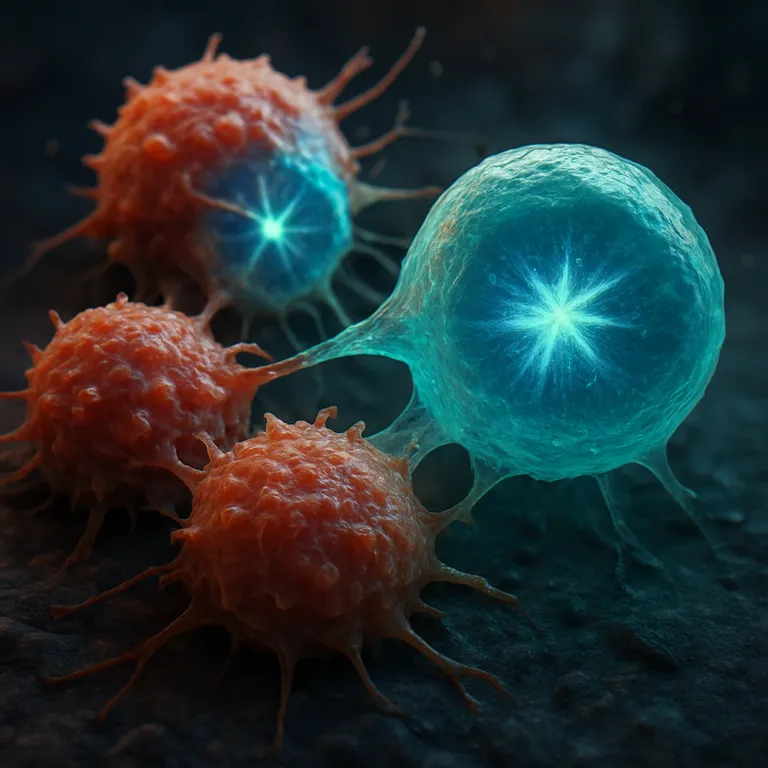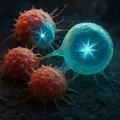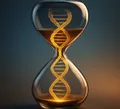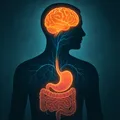A Revolutionary Breakthrough
A team of researchers at the Korea Advanced Institute of Science and Technology (KAIST) has achieved what many once thought impossible: successfully reverting cancer cells back to a normal, healthy state.
The study, led by Professor Kwang-Hyun Cho, could mark a turning point in the fight against cancer, offering potential alternatives to traditional treatments like chemotherapy.
How the Discovery Was Made
The KAIST team used systems biology approaches and advanced molecular analysis to understand how cancer cells bypass the body’s natural regulatory mechanisms.
- By targeting specific pathways, the researchers were able to “reset” malignant cells to behave like normal, non-cancerous cells.
- Unlike chemotherapy, which kills both healthy and cancerous cells, this method restores cell function without widespread damage.
Why It Matters
Cancer treatment has long relied on surgery, radiation, and chemotherapy — methods that, while effective, often bring severe side effects.
This breakthrough could:
- 🧬 Reduce toxicity compared to chemotherapy.
- 💊 Offer targeted therapies based on reprogramming cells.
- 🌍 Open new avenues for treating cancers previously considered incurable.
Expert Reactions
Scientists worldwide are calling the findings “a paradigm shift” in oncology. While more studies are needed, the idea of transforming cancer cells instead of destroying them could redefine cancer care in the future.
Professor Cho emphasized:
“Our work suggests that cancer may not be an irreversible process. By reprogramming malignant cells, we may discover safer, more effective treatments.”
Next Steps
The discovery is still in the research and experimental phase. Clinical trials will be needed to:
- Confirm safety and effectiveness in humans.
- Explore how the approach works across different types of cancer.
- Determine long-term outcomes of reprogrammed cells.
Final Thoughts
If further validated, this KAIST breakthrough could revolutionize cancer therapy, shifting the focus from destroying cells to restoring them. For millions worldwide, it offers hope for a future where cancer is not a death sentence, but a reversible condition.
By ✍️ Linda - MicuPost Team
🔍 Sources:
- Korea Advanced Institute of Science and Technology (KAIST) press releases
- Statements from Professor Kwang-Hyun Cho and research team
Published by MicuPost – Where science meets hope.



